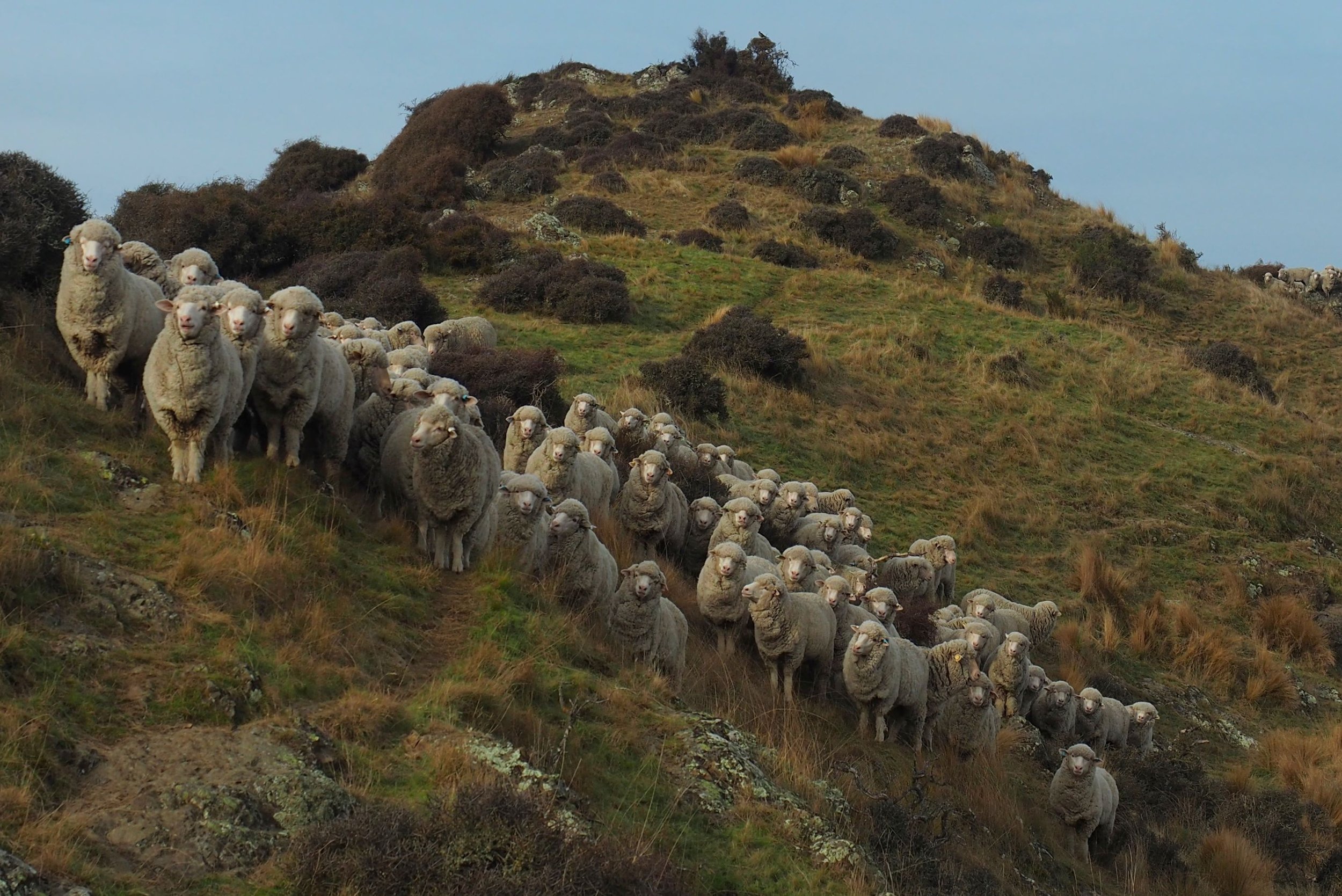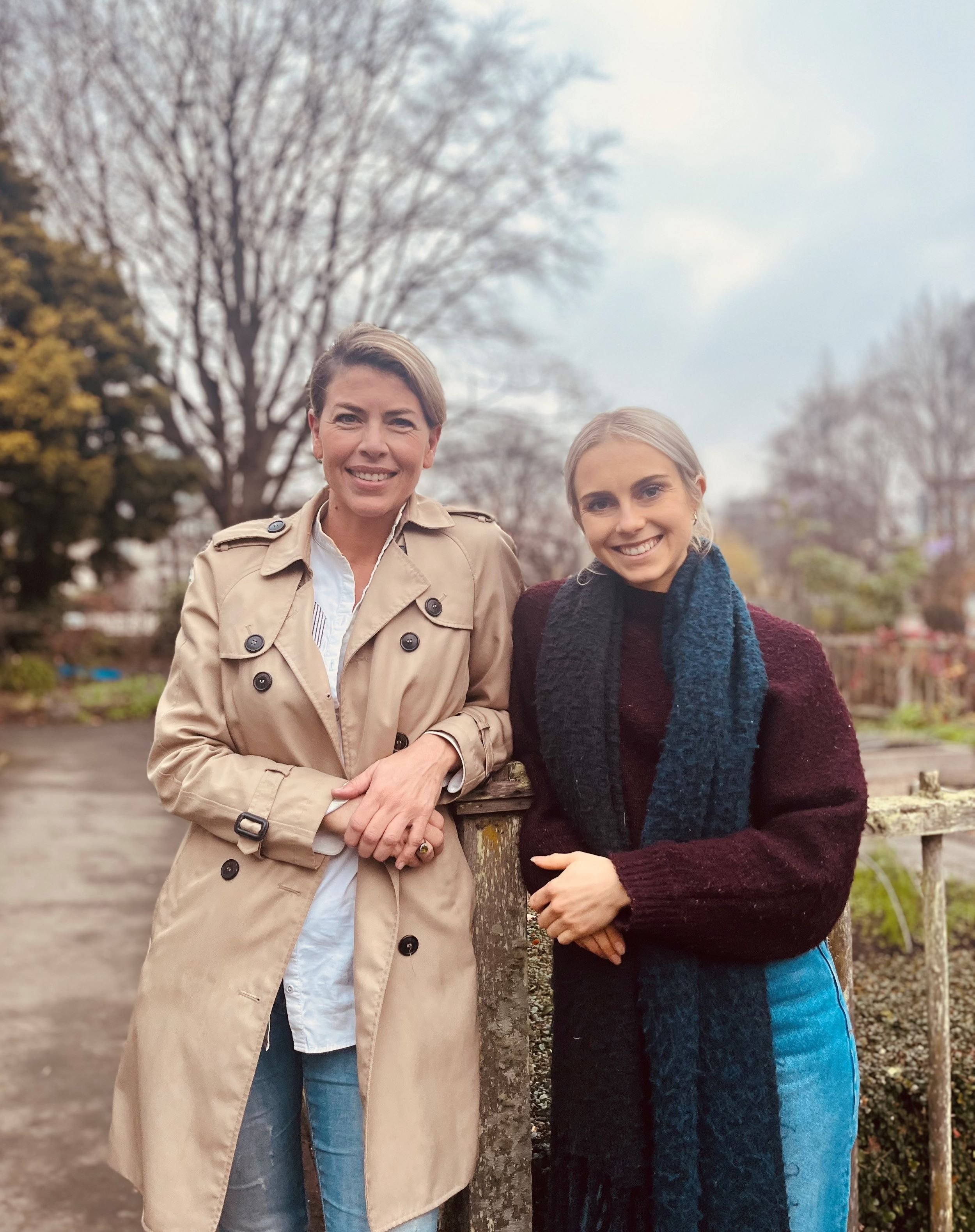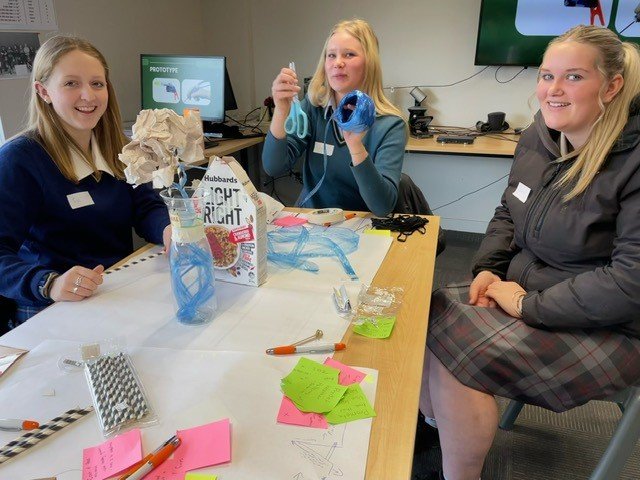Girls Who Grow
Girls Who Grow Founders.
With fewer school leavers embarking on careers in Aotearoa’s primary industries, the team behind Girls Who Grow are on a mission to showcase the wide variety of opportunities for young women in the world of food and fibre.
words: Michelle McCullough images: Supplied
Headed by entrepreneur Catherine van der Meulen and Future Farmer's co-chair Aimee Blake, Girls Who Grow aims to create a safe space for young women to explore traditionally male-dominated industries through school-based workshops, farm visits and scholarships.
In Aotearoa, women make up 32% of the primary industry workforce, and for Catherine, that number is just not good enough.
“We need to change the narrative and get more young women at the table. Girls Who Grow is designed to get the youth to think differently about the future that they want to be part of, and the future that they want to be proud of. Even though we are using the vehicle of agriculture and farming as a way for young people to connect back to the land it doesn't have to be about agriculture because land use can be many different things to different people.”
Aligned with the United Nations Sustainability Development Goals, Girls Who Grow believes that primary industries benefit from the skills and perspectives of women and that society benefits from a more diverse workforce. Underpinning this is research from world-renowned climate resource Project Drawdown which has ranked educating women as the sixth most effective solution to climate action.
“Educated women are going to bring more climate-conscious behaviours, and that’s why we need a feminine lens at the table. The Girls who Grow programme is set to spark young women’s imaginations, to envisage a future where all stakeholders win, especially the environment.”
Following the success of a pilot programme in several Otago schools, the team is now eyeing opportunities to extend Girls Who Grow into Canterbury and further afield. And to raise funds to grow the initiative they have partnered with One Good Kiwi which gives Kiwis $100,000 to donate to a worthy cause of their choice every month.
“We want to get as many people involved as we can. Whether that be through mentors, farmers who want to put their farm forward for lunch and learn experience, schools that want to be a part of the programme or someone who wants to give us $1.2 million. We would love for everyone to reach out.”
“We would love to have our own Girls Who Grow farms. Climate-positive, B Corp-certified farms across New Zealand where young women can live, work and be educated.”
Local hill country farm Hurunui Hills was one of the first North Canterbury farms to endorse Girls Who Grow. Farm experiences manager Scotty Bamford said the programme was a great way to get women of all ages involved in agriculture.
“Any programme that inspires people to a new way of life or career change is a great thing. The agriculture sector is changing, and we need new ideas and thinking to bring it into the future.”
Scotty and his team's contribution to Girls Who Grow will consist of one-day farm experiences on the sheep and cattle farm. These experiences will be led by his mother and farm owner Maria who will be “the real star on those days”.
“She grew up in Auckland and Christchurch but always knew farming was in the blood. She'll inspire wahine and [show them] that they can do it and that the options are limitless.”
To find out more visit www.girlswhogrow.co.nz or to donate to Girls Who Grow please visit www.onegoodkiwi.nz




